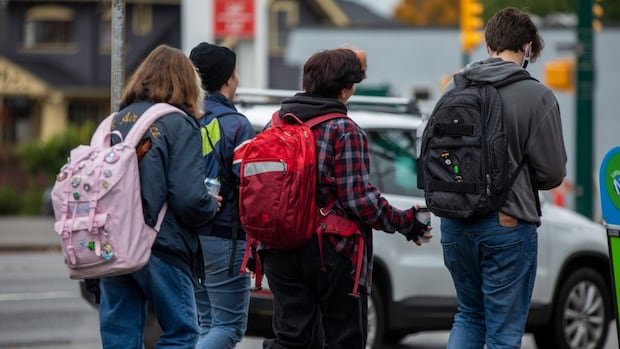A recent study conducted by University of Ottawa professor Daniel Stockemer reveals that conspiracy theories, such as the belief that Hillary Clinton orchestrated Jeffrey Epstein’s death or that Barack Obama was not born in the U.S., lack factual basis. Despite this, these unfounded theories are gaining popularity among young individuals. According to Stockemer and his co-author Jean-Nicolas Bordeleau, who surveyed over 380,000 people globally, individuals under the age of 35 are more inclined to embrace conspiracy beliefs compared to older demographics.
Published in the journal Political Psychology, their research indicates a slight decrease in conspiracy theory acceptance among different age groups, with younger individuals exhibiting a higher tendency to endorse such ideas. Stockemer emphasized that approximately 20 to 25 percent of the population subscribes to conspiracy theories, with the younger generation showing a slightly elevated inclination towards them.
The study highlights the potential risks associated with the growing acceptance of conspiracy theories, suggesting that failure to address this trend could lead to further democratic deterioration worldwide. Stockemer emphasized the importance of nurturing a younger population that upholds democratic values to prevent this downward spiral.
The prevalence of conspiracy beliefs among young adults can be attributed to various factors, as outlined by Stockemer. He pointed out that the current political landscape characterized by polarization and lack of compromise contributes to the susceptibility of young individuals to conspiracy theories. Additionally, mainstream politicians’ failure to engage with youth concerns, exemplified by their absence during key events like the federal election, further alienates young voters and pushes them towards populist or conspiracy-driven narratives.
Technological advancements, particularly the internet, smartphones, and social media platforms, play a significant role in propagating misinformation and conspiracy theories, particularly among the youth. Carmen Celestini, a University of Waterloo educator specializing in disinformation, extremism, and conspiracy theories, highlighted how exposure to global events and fear-inducing content online can fuel belief in conspiracies. Influencers promoting extremist ideologies further perpetuate these narratives by providing audiences with convenient scapegoats for societal challenges.
Addressing widespread conspiracies and online misinformation necessitates a comprehensive global response, according to Celestini. Open dialogues about the emotions and fears driving individuals towards conspiratorial beliefs are crucial in combating this phenomenon. Stockemer emphasized the need for enhanced civic education and better regulation of online misinformation to counter the proliferation of conspiracy theories.
Neglecting the susceptibility of young people to conspiracy theories could have dire consequences for democratic societies, as Stockemer warned of the potential collapse of established democracies like the U.S. and India if this trend continues unchecked. Urging a more inclusive approach to engaging young individuals in democratic processes, Stockemer emphasized the critical role of youth in safeguarding democratic values and preventing further erosion of democratic institutions.

